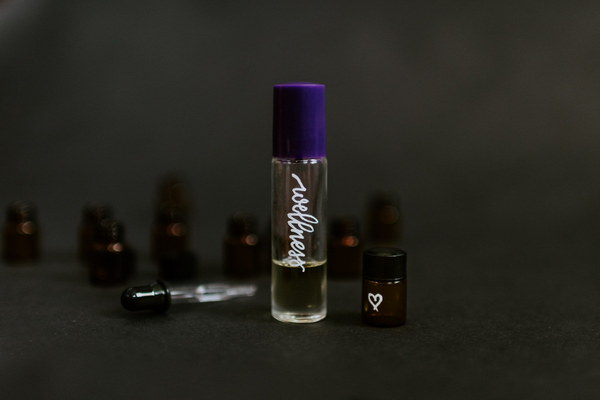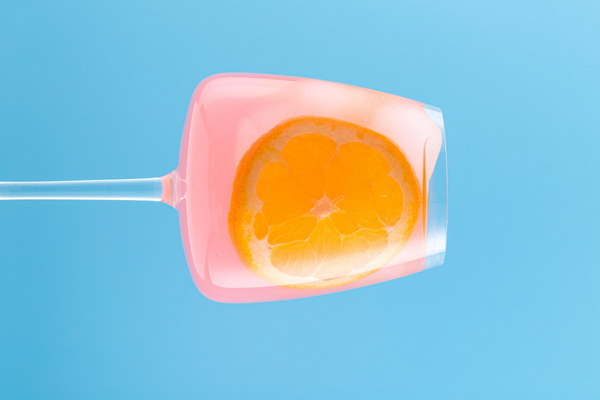Post-Gastroscope Care How to Safeguard Your Health After a Painless Endoscopy
After undergoing a painless endoscopy, it is essential to take proper care of your body to ensure a smooth recovery. A painless endoscopy, also known as conscious sedation or twilight sedation, is a procedure where you are given medication to help you relax and feel less pain during the examination. Here are some tips on how to care for your body after the procedure.
1. Rest and Relaxation
The first few days after the procedure, your body will need rest and relaxation. Ensure you have someone to help you around the house during this time, as you may feel weak or dizzy. Avoid any strenuous activities or heavy lifting, as this can delay your recovery.
1. Hydration
Drinking plenty of fluids is crucial to help your body recover. Water aids in digestion and can help prevent constipation, which is a common side effect of painless endoscopy. Aim for at least eight glasses of water per day.
1. Follow the Doctor's Orders
Your doctor may have given you specific instructions to follow after the procedure. These may include taking medication, avoiding certain foods, or attending follow-up appointments. Adhering to these instructions is vital for a successful recovery.
1. Pain Management
If you experience discomfort or pain after the procedure, take over-the-counter pain relievers as directed by your doctor. Avoid taking aspirin or ibuprofen, as these can increase the risk of bleeding.
1. Dietary Adjustments
After the procedure, your digestive system may be sensitive. Start with a soft, easy-to-digest diet, such as soups, broths, and rice. Gradually reintroduce other foods as your body becomes more comfortable. Avoid consuming spicy, fatty, or acidic foods, as these can irritate your stomach.
1. Monitor for Side Effects
Keep an eye out for any unusual symptoms or side effects, such as persistent pain, vomiting, or difficulty swallowing. If you experience any of these, contact your doctor immediately.
1. Oral Hygiene
Maintain good oral hygiene, as the procedure may leave your throat sore. Gargle with saltwater or use a mouthwash recommended by your dentist.
1. Avoid Smoking and Alcohol
Smoking and alcohol can delay your recovery and increase the risk of bleeding. Avoid these substances for at least a week after the procedure.
1. Practice Stress Management

Stress can slow down the healing process. Engage in relaxation techniques such as deep breathing, meditation, or yoga to help manage stress levels.
1. Follow-Up Appointments
Attend any follow-up appointments scheduled by your doctor. These appointments are crucial for monitoring your recovery and addressing any concerns.
In conclusion, taking care of your body after a painless endoscopy is essential for a successful recovery. By following these tips, you can help your body heal and return to your daily activities as quickly as possible. Remember to listen to your body, follow your doctor's instructions, and seek medical attention if you experience any concerning symptoms.









